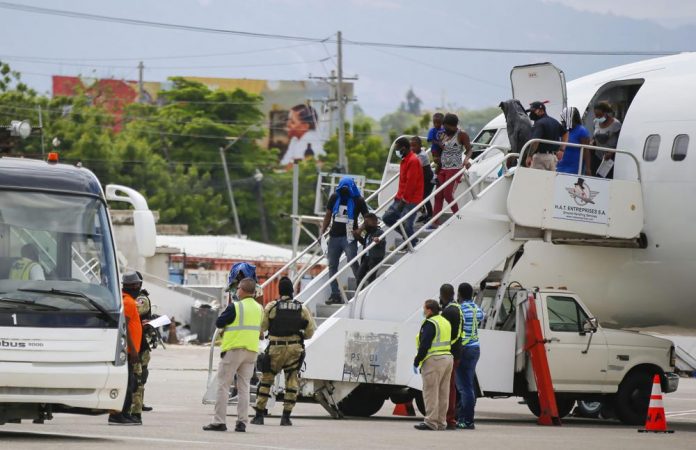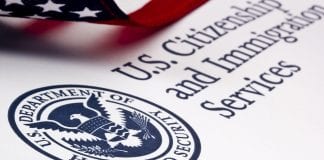The governments of The Bahamas and the Turks and Caicos Islands have rejected a reported plan by the incoming Trump administration to relocate migrants rejected by their home countries to their countries.
Both governments issued statements Thursday following an NBC News report that detailed the administration’s consideration of a list of potential host countries as part of President-elect Donald Trump’s commitment to mass deportations.
“The Bahamas simply does not have the resources to accommodate such a request,” the office of Bahamas Prime Minister Philip Davis stated.
“The prime minister’s priorities remain focused on addressing the concerns of the Bahamian people.” While the statement indicated that the U.S. may have initially presented the idea, Davis’ office made it clear that the proposal was “firmly rejected” and that there have been no further discussions on the matter. “The government’s position will not change,” the statement added.
Under the proposed plan, migrants deported from the United States could be relocated to countries like Panama, Grenada, The Bahamas, and the Turks and Caicos Islands.
Caribbean nations have historically struggled with undocumented migration, particularly from Haiti, Cuba, and Venezuela, and have criticized U.S. deportation policies for exacerbating crime and economic challenges in the region.
Regional concerns about migrants
In a separate statement, Arlington Musgrove, the minister of immigration and border services for the Turks and Caicos Islands, also rejected the notion, citing significant security and migration challenges already facing the territory. “Our government remains committed to maintaining strong diplomatic relations with the United States and our other international partners,” Musgrove said. “However, we are steadfast in our commitment to protecting the interests of the Turks and Caicos Islands and upholding the integrity of our immigration system.”
The Turks and Caicos, with a population of about 40,000, is grappling with escalating gun violence and a surge in irregular migration from neighboring Haiti. In 2023, over 4,000 Haitian migrants were interdicted in 32 separate operations, according to the Royal Turks and Caicos Islands Police Force. Although this year has seen a decline, more than 800 undocumented migrants have already been returned. Musgrove warned that policies like the one reportedly under consideration by the Trump administration could undermine national security efforts and violate international norms.
“Turks and Caicos, like all nations, has the sovereign right to determine who may reside within its borders,” Musgrove said. “We are deeply concerned about any suggestion of displacing individuals to countries with which they have no connection. Such policies disregard the cultural, social, and economic implications for receiving countries and the humanitarian impact on the individuals affected.”
As the region continues to address its own migration and security crises, both The Bahamas and the Turks and Caicos have made it clear they will not support external policies that could further strain their resources or destabilize their societies.














